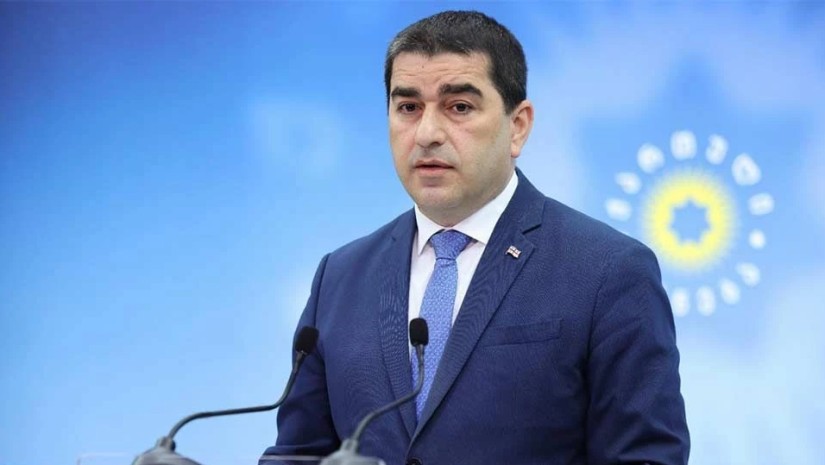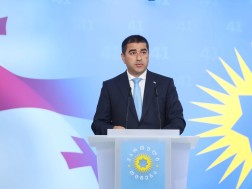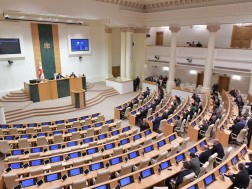The Georgian Parliament Speaker, Shalva Papuashvili, claims that labelling laws as ‘Russian’ is not a propaganda tactic created in Georgia but rather one devised by those funding non-governmental organizations (NGOs).
According to Papuashvili, NGOs employ false propaganda, and he questions why their donors—including the EU Ambassador to Georgia and representatives of other embassies—support disinformation campaigns against the Georgian people.
“We have seen the tactic of labelling laws as ‘Russian’ and recently observed that this is not an invention of Georgia.
The same method is being used against members of the American administration, just as it was used against Trump by those who fund these NGOs. These organizations also labelled the Trump administration and some of its representatives as pro-Russian.
Their funders, such as the McCain Institute, have even called the current U.S. president a ‘sexual predator.’ This is a method developed by their financiers, not in Georgia,” said Papuashvili.
He argued that attaching the ‘Russian ‘ label to laws is a way to avoid discussion. Referring to a decision by the European Court of Human Rights (ECHR) in October last year, he noted that the ruling outlined six criteria under which such laws would violate the European Convention on Human Rights.
“None of these six criteria apply to Georgia’s Transparency Law,” he asserted, adding that the real issue lies with donors and embassies who allegedly promote misinformation.
Papuashvili also claimed that the ruling party’s legislative initiative is a verbatim translation of the U.S. Foreign Agents Registration Act (FARA).
“This law is copied word-for-word from the American FARA. In the initial draft, we even retained American terminology before making minor adjustments. If some claim that this makes America equivalent to Russia, that is their issue. Interestingly, the same NGOs—such as Safari, ISFED, and Transparency—accuse the current U.S. government of colluding with Russia. In other words, they question the loyalty of the American government to its own people,” he stated.
In response, Georgian NGOs and media organizations issued a joint statement arguing that FARA does not restrict independent NGOs or free media in the U.S., whereas, in their view, the Georgian government’s initiative seeks to repackage the Russian law targeting civil society.























